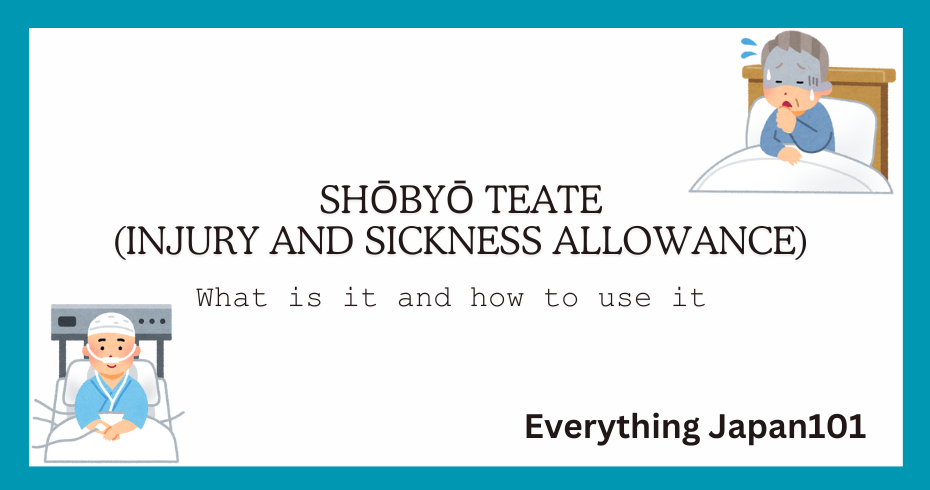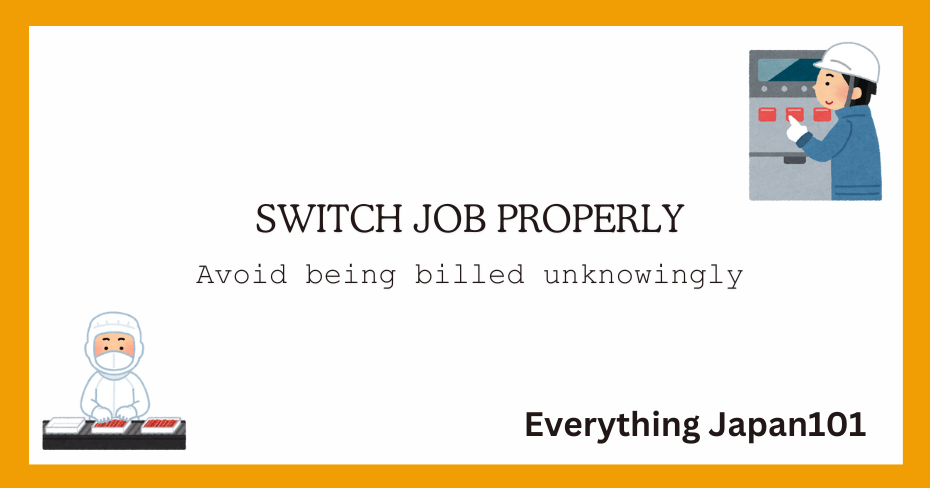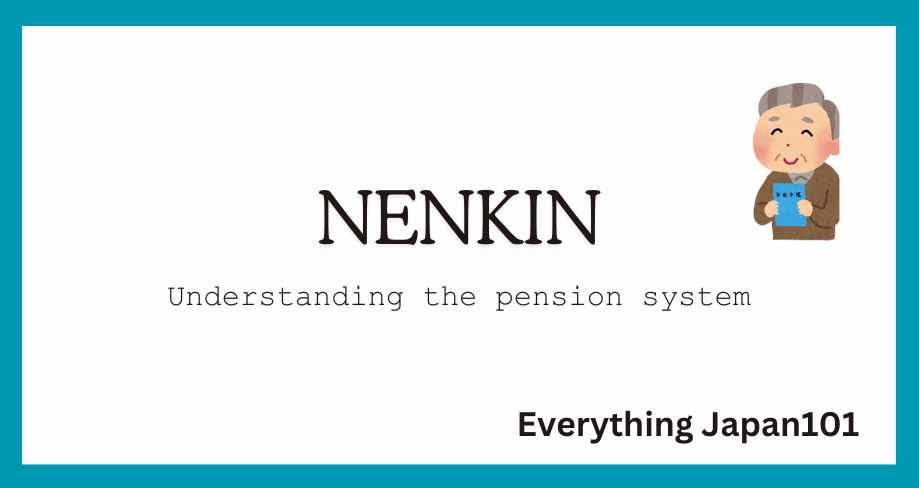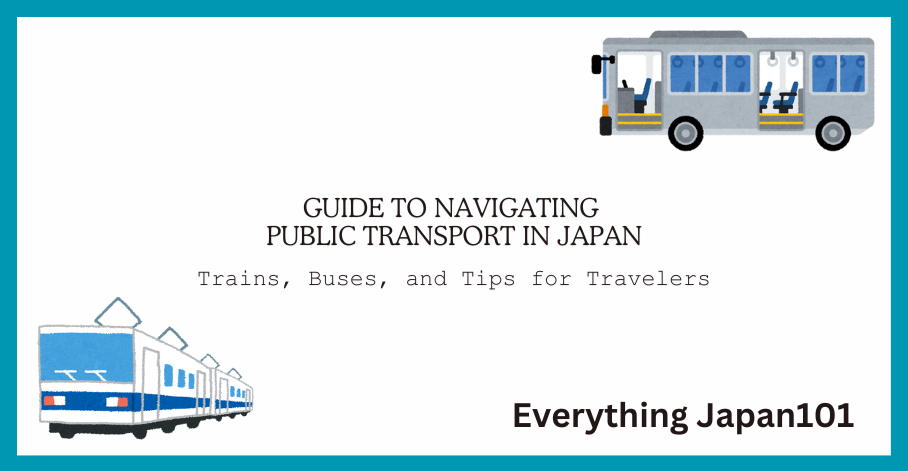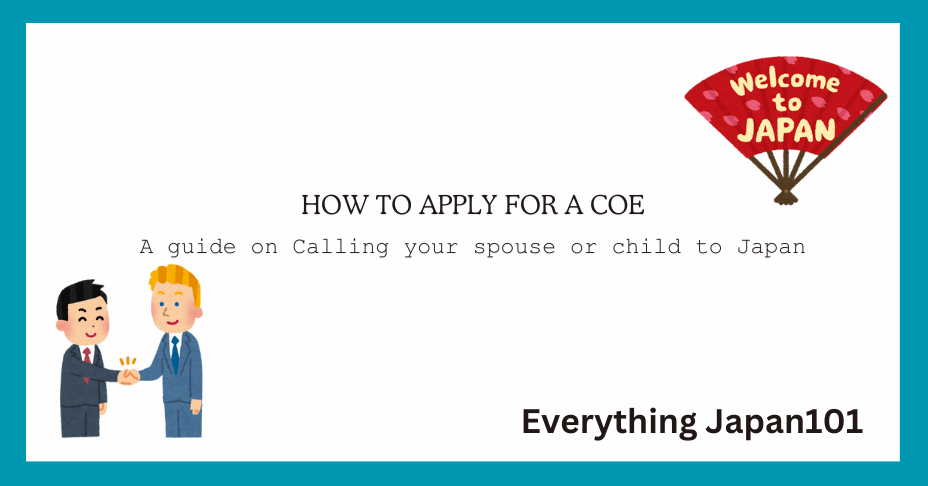Visa Job Restrictions in Japan: What You Need to Know
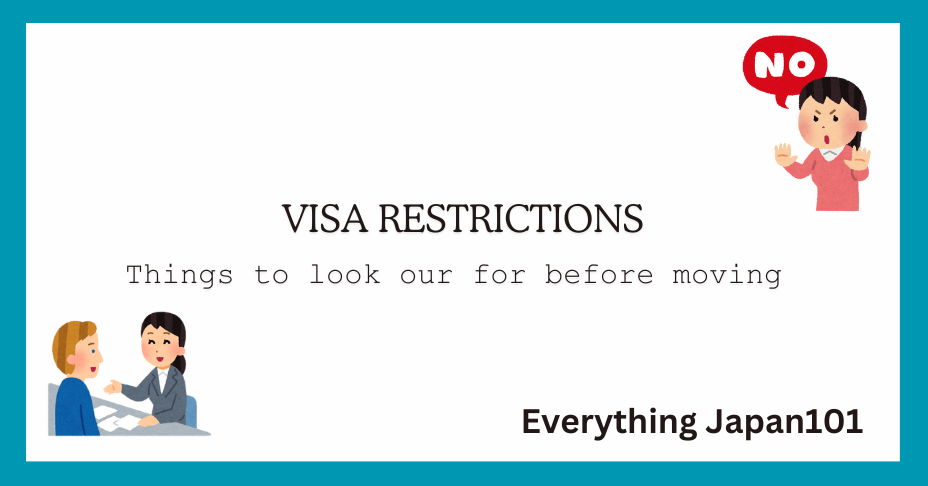
If you’re planning to move to Japan, whether as a trainee, through an agency, or as a directly hired employee, it’s crucial to understand the Visa Job Restrictions in Japan. Knowing these restrictions will help you prepare better and navigate your new environment more effectively. Here’s what you need to know about job roles and visa limitations before making the move.
Types of Jobs and Visa Restrictions
When applying to work in Japan, you might encounter various visa categories, each with specific conditions and limitations. Understanding these will help you manage expectations and avoid potential pitfalls.
Technical Intern Training Program (技能実習制度, ginō jisshū seido)
- Job Roles: Typically involves positions in manufacturing, agriculture, construction, and hospitality. Trainees learn specific skills relevant to these fields.
- Visa Limitations: Your visa is tied to a specific employer and training program. Changing jobs or employers is generally not permitted without a new visa application. This restriction ensures that you remain in the program designed to provide specialized training.
Specialist in Humanities/International Services (人文知識・国際業務, jinbun chishiki / kokusai gyōmu)
- Job Roles: Includes roles such as translators, teachers, and marketing professionals.
- Visa Limitations: The visa is specific to your job role and employer. If you wish to switch employers, you must apply for a new visa or amend your existing visa status, which involves obtaining a new job offer and undergoing a visa re-evaluation process.
Engineer/Specialist in International Services (技術・人文知識・国際業務, gijutsu / jinbun chishiki / kokusai gyōmu)
- Job Roles: Encompasses technical positions, IT roles, and engineering jobs.
- Visa Limitations: Similar to the Specialist visa, this visa is tied to a specific job and employer. Changing employers requires a new visa application, which can be a lengthy and complex process.
Skilled Labor (技能, ginō)
- Job Roles: Includes roles in sectors like construction, food processing, and textiles, requiring specific skills or expertise.
- Visa Limitations: Visa Job Restrictions is associated with a particular job role and employer. If you wish to change jobs, you must apply for a new visa, demonstrating that your new position aligns with the visa’s requirements.

Challenges of Changing Jobs
Understanding the challenges of job changes is crucial for effective planning:
Visa-Specific Restrictions
- Many Japanese employers tie work visas to specific job roles. Switching jobs typically requires a new visa application, as your current visa does not permit employment with a different company.
- Regulatory Compliance: Immigration laws in Japan require adherence to the terms specified in your visa application. Unauthorized job changes can lead to visa violations and potential legal issues.
Process for Changing Jobs
- New Visa Application: To change jobs, you may need to apply for a different visa or amend your current visa status, involving obtaining a new job offer and navigating the visa application process again.
- Approval Delays: The process of changing jobs and obtaining a new visa can be time-consuming and may involve delays. It’s essential to plan for these potential delays to avoid disruptions in your employment.
Preparation is Key
Before moving to Japan:
- Research Visa Conditions: Understand the specific conditions of your visa, including any restrictions on job changes. Knowing these details will help you avoid complications.
- Verify Job Role and Employer: Ensure that your job role and employer align with your career goals and visa conditions. Thorough research and due diligence will help you make an informed decision.
- Seek Professional Advice: If you have questions or concerns about your visa status or job limitations, consult with immigration experts or legal advisors for guidance.
Conclusion
Moving to Japan offers exciting opportunities, but it’s essential to understand the limitations associated with your visa before making the move. Whether you’re entering Japan as a trainee, through an agency, or as a directly hired employee, knowing the specifics of your visa will help you manage expectations and navigate your new environment more effectively.
Proper preparation and understanding of your visa conditions will ensure a smoother transition and a more successful experience in Japan. If you need further information or assistance, don’t hesitate to seek advice from professionals who can guide you through the process.


